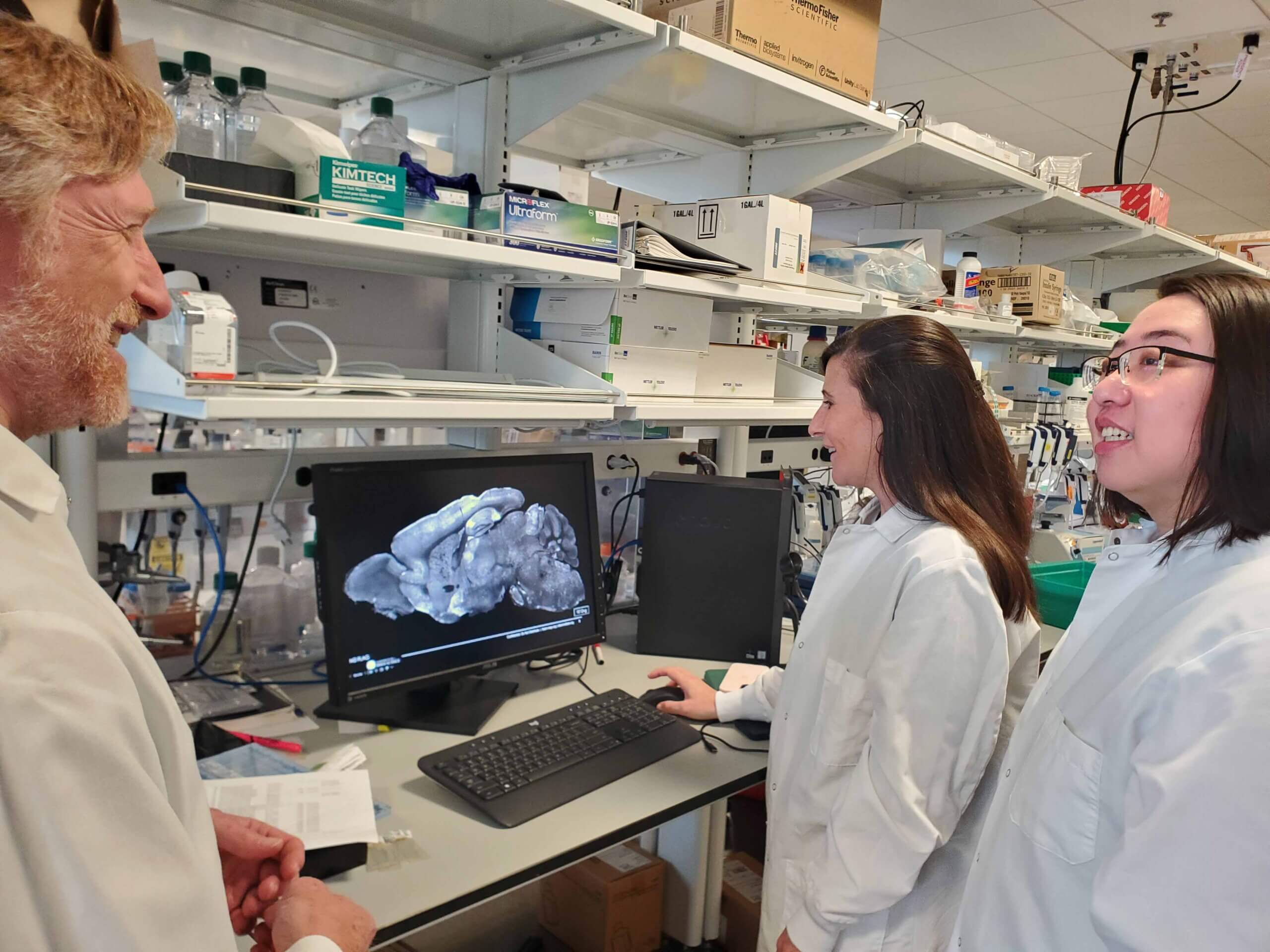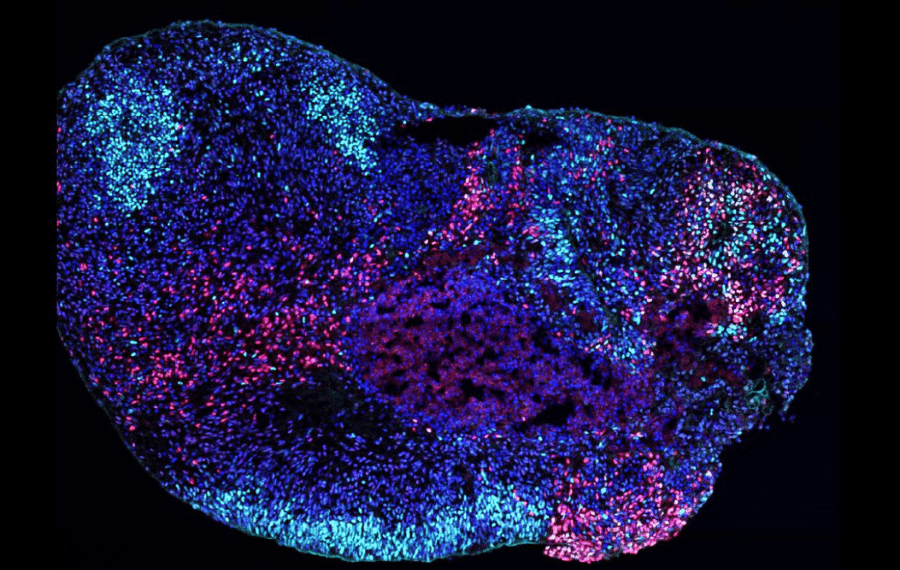Epilepsy Research Findings: July 2018
July 11, 2018
This month’s promising epilepsy news includes the FDA approval of the cannabidiol-based drug EPIDIOLEX® for the treatment of seizures associated with Dravet Syndrome and Lennox-Gastaut Syndrome, two forms of epilepsy that are challenging to treat. This decision brings hope to families facing these difficult diagnoses. In addition, a report discusses epilepsy genetics and the utility of next-generation sequencing in the diagnosis of early-life epilepsies.
In more sobering news, a study shows that the incidence of Sudden Unexpected Death in Epilepsy (SUDEP), once thought to be greater in adults than in children, may be the same in both populations. However, we have included a report discussing the recent discovery of a potential biomarker for SUDEP, which could lead to preventative measures for this devastating occurrence.
Summaries of all highlighted studies follow below. I’ve organized the findings into four categories: Treatment Advances, Diagnostic Advances, Research Discoveries, and Also Notable.
Treatment Advances
First Prescription Formulation of Cannabidiol (CBD) Approved for Lennox-Gastaut Syndrome
The US Food and Drug Administration (FDA) approved EPIDIOLEX® (cannabidiol/CBD) for the treatment of seizures associated with Lennox-Gastaut Syndrome (LGS) in patients two years of age or older. EPIDIOLEX® is the first prescription pharmaceutical formulation of highly purified CBD and the first in its class of antiepileptic drugs.
New Technique Fine-Tunes Treatment for Severe Epilepsy Cases
An advance by researchers will enable surgeons to more precisely target areas of the brain which cause debilitating symptoms in a subset of epilepsy patients. The technology, called magnetoencephalography or MEG, measures small amounts of magnetic-electrical activity on the surface of epileptic brain areas, and researchers have developed a novel way to employ it.
Treating Refractory Epilepsy with Transcutaneous Vagal Nerve Stimulation
This study found that transcutaneous vagal nerve stimulation (t-VNS) had no or minimal side effects and significantly reduced seizures in about one third of the enrolled patients.
Sunovion Announces Health Canada Approval of Aptiom (eslicarbazepine acetate) as Monotherapy to Treat Partial-Onset Seizures in Adults with Epilepsy
Health Canada approved the use of Aptiom (eslicarbazepine acetate) as monotherapy for partial-onset seizures in adults with epilepsy.
Diagnostic Advances
Next-Generation Sequencing May Improve Pediatric Epilepsy Treatment
Next-generation sequencing can improve treatment efficacy and reduce hospitalization in children with drug-resistant epilepsy, according to a study published in CNS Neuroscience & Therapeutics.
Prediction Method for Epileptic Seizures Developed
Scientists have proposed a generalized, patient-specific seizure-prediction method that can alert epilepsy sufferers of the likelihood of a seizure within 30 minutes, according to a paper published in Neural Networks.
Research Discoveries
Incidence of Sudden Unexpected Death in Epilepsy in Children is Similar to Adults
SUDEP may be more common in children than widely reported, with the incidence rate of definite/probable SUDEP in children being similar to rates reported in adults.
Heart Rate Variability in Epilepsy: A Potential Biomarker of Sudden Unexpected Death in Epilepsy Risk
These findings suggest that autonomic dysfunction is associated with SUDEP risk in patients with epilepsy due to sodium channel mutations. The relationship of heart rate variability to SUDEP merits further study; heart rate variability may eventually have potential as a biomarker of SUDEP risk. This would allow for more informed counseling of patients and families, and also serve as a useful outcome measure for research aimed at developing therapies and interventions to reduce SUDEP risk.
Also Notable
Comparative Effectiveness of Levetiracetam vs Phenobarbital for Infantile Epilepsy
This study reports that levetiracetam may have superior effectiveness compared with phenobarbital for initial monotherapy of nonsyndromic epilepsy in infants. If 100 infants who received phenobarbital were instead treated with levetiracetam, 44 would be free from monotherapy failure instead of 16 by the estimates in this study. Randomized clinical trials are necessary to confirm these findings.
Variability in Gene-Sequencing Panels Could Mean Missed Early-Life Epilepsy Diagnoses
Variability among next-generation sequencing (NGS) panels for early-life epilepsies could cause some confirmed epilepsy genes to be missed, researchers report. NGS panels have demonstrated utility for diagnosing genetic variants linked to early-life epilepsies, but little is known about the variability in genes tested among clinically available NGS panels.
Generic Antiepileptic Drugs — Safe or Harmful in Patients with Epilepsy?
Sufficient evidence indicates that most generic antiepileptic drugs (AEDs) are bioequivalent to innovator AEDs; they do not pose a relevant risk for patients with epilepsy. However, some patients are reluctant towards variations in color and shape of their AEDs which may result in nonadherence. This report recommends administering generics when a new AED is initiated. Switches from brand to generic AEDs for cost reduction and between generics, which is rarely required, generally seem to be safe, but should be accompanied by thorough counseling of patients on low risks.
Health Care Expenditures Among Elderly Patients with Epilepsy in the United States
Epilepsy is common among elderly individuals, and health care expenditures among this growing group are two times higher than in those without epilepsy.








